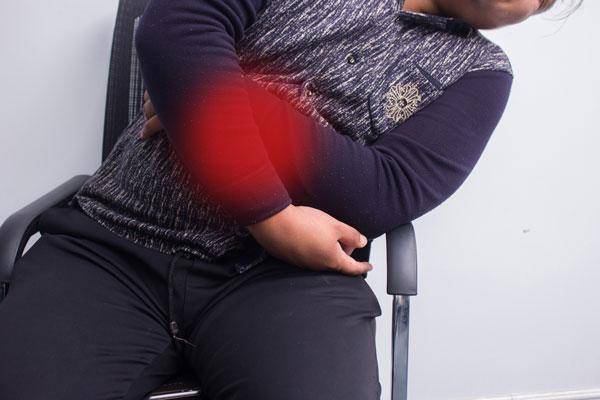In life, we often encounter people with naturally large appetites. They can often eat a lot in one meal, sometimes even more than others do in several meals. At such times, they choose to go for a buffet, which might make buffet owners sigh with amazement. Having a good appetite can make many envy. Some people, despite being physically thin, need to eat a lot to make their bodies stronger. However, with small stomachs, they can’t eat much; after a few bites of meat, they feel bloated and can’t eat anymore, limiting their body size growth.
Facing this situation, many people say that those with big appetites are so because they eat a lot regularly. They continuously expand their stomachs with large meals, eventually being able to eat a lot in one go. Even some overweight food lovers are often advised by their family members to eat less to avoid expanding their stomachs too much and end up getting even heavier. Such statements are quite common in our lives.
So, is the big eater’s stomach really enlarged due to overeating?
Actually, our stomachs have great expandability. When we are in a fasting state with no food intake, our stomachs can hold just about fifty to a hundred milliliters, which isn’t much; we might not even be able to drink a bottle of mineral water. In reality, after a full meal, our stomach’s capacity can expand to over a thousand five hundred milliliters or even go up to near four thousand milliliters in extreme cases when we eat to our limits. This is quite a scary extent.
The stomach is like a highly elastic strap. When we eat a lot, it stretches to an extreme, but without food intake, it quickly shrinks back to its original size. Whether we can eat a lot or not is due to the stomach’s expansion ability. Regardless of eating more or less, the stomach eventually bounces back to its original contracted size; eating too much doesn’t cause the stomach to relax and fail to return to its original state.
The main reason why big eaters can consume a lot lies in two aspects. One is their stomach’s strong capacity; everyone can stretch it up to four thousand milliliters, but while some feel nauseated or vomit at that limit, others can still function normally even after stretching their stomachs to the limit, showing the tolerance of their stomach.
Another case is that big eaters secrete more stomach acid, have faster gastric motility, and digest food quicker. When a lot of food accumulates in their stomach, big eaters might have already transported it to the intestines for digestion, allowing them to eat more, and this is also a common scenario.
Neither too little nor too much is beneficial; we should opt for moderate amounts of food.
When we eat too little, our stomach remains empty for a long time after digestion is completed, and stomach acid continues to be secreted, damaging the gastric mucosa, which can eventually lead to gastritis or gastric ulcers. On the other hand, eating too much leads to continuous enlargement of the stomach, which can press on surrounding organs, causing discomfort. Overeating frequently can result in stomach damage, stomach diseases, and the emergence of diseases such as obesity and high blood lipids due to excess calories.
In our daily lives, it is advisable to eat until around eighty percent full; there is no need to overeat excessively. Although each person’s stomach can handle a lot, it is a severe burden on our bodies, and not everyone can be a big eater.


